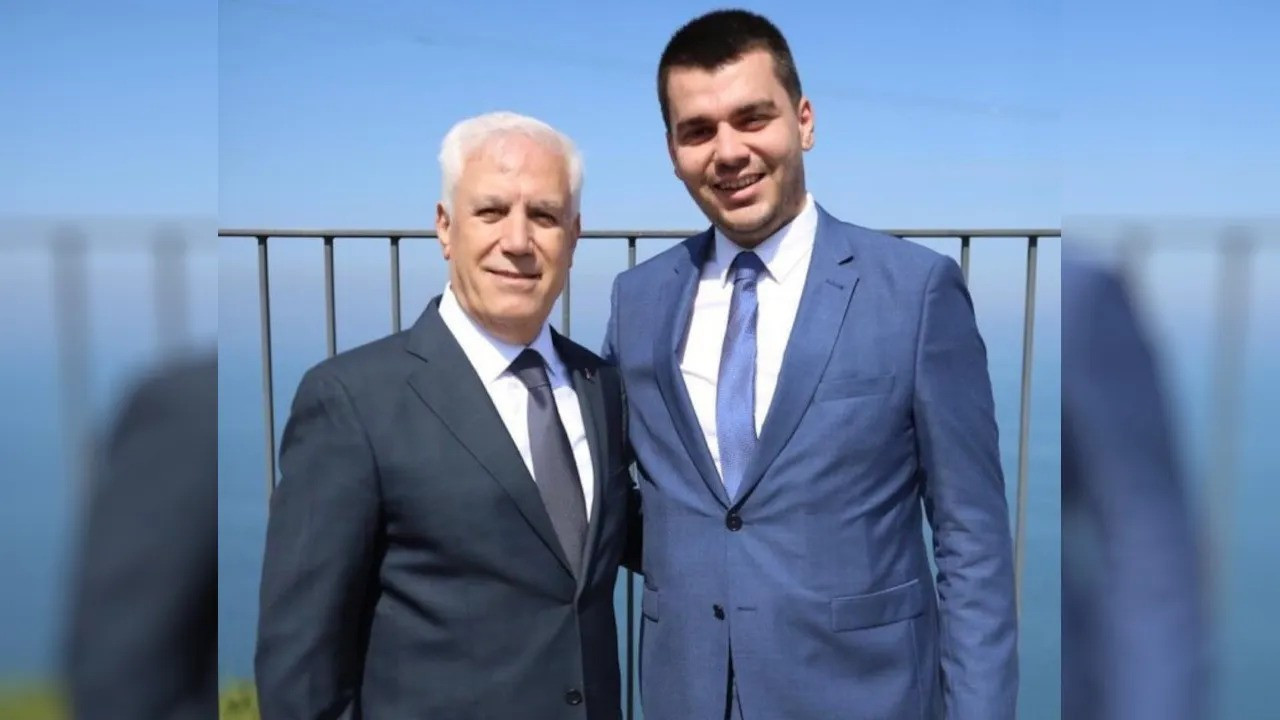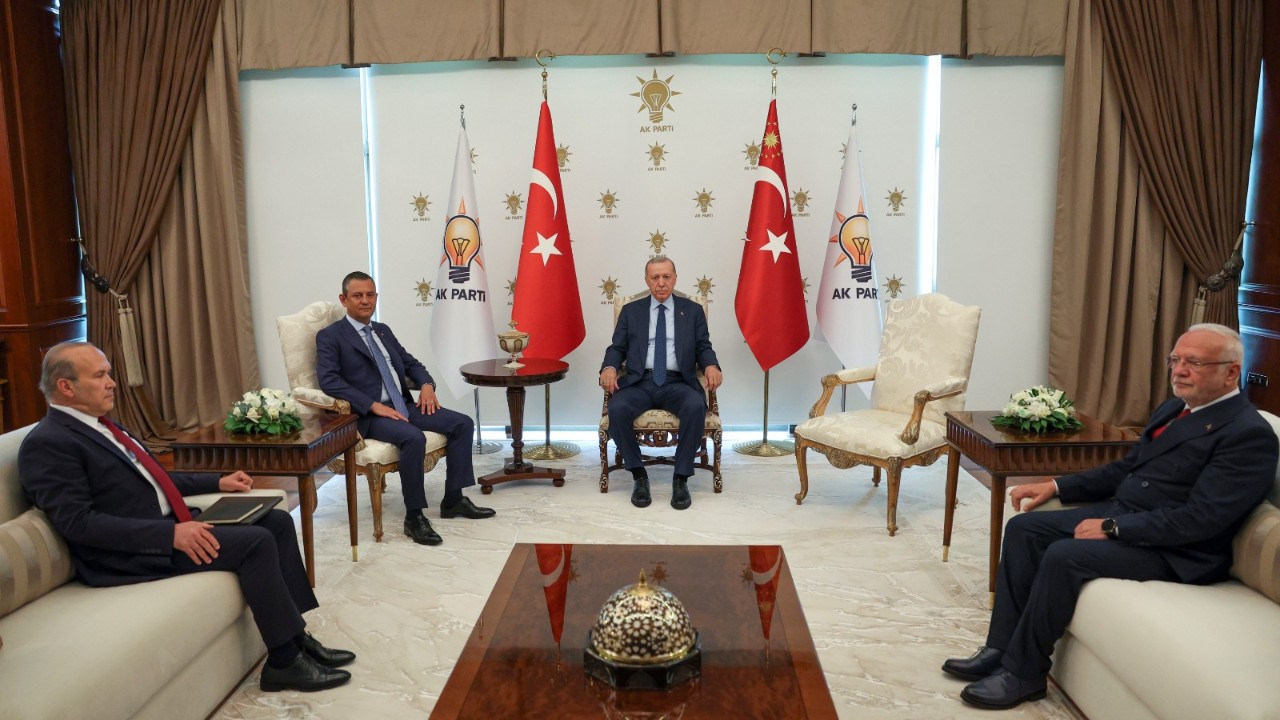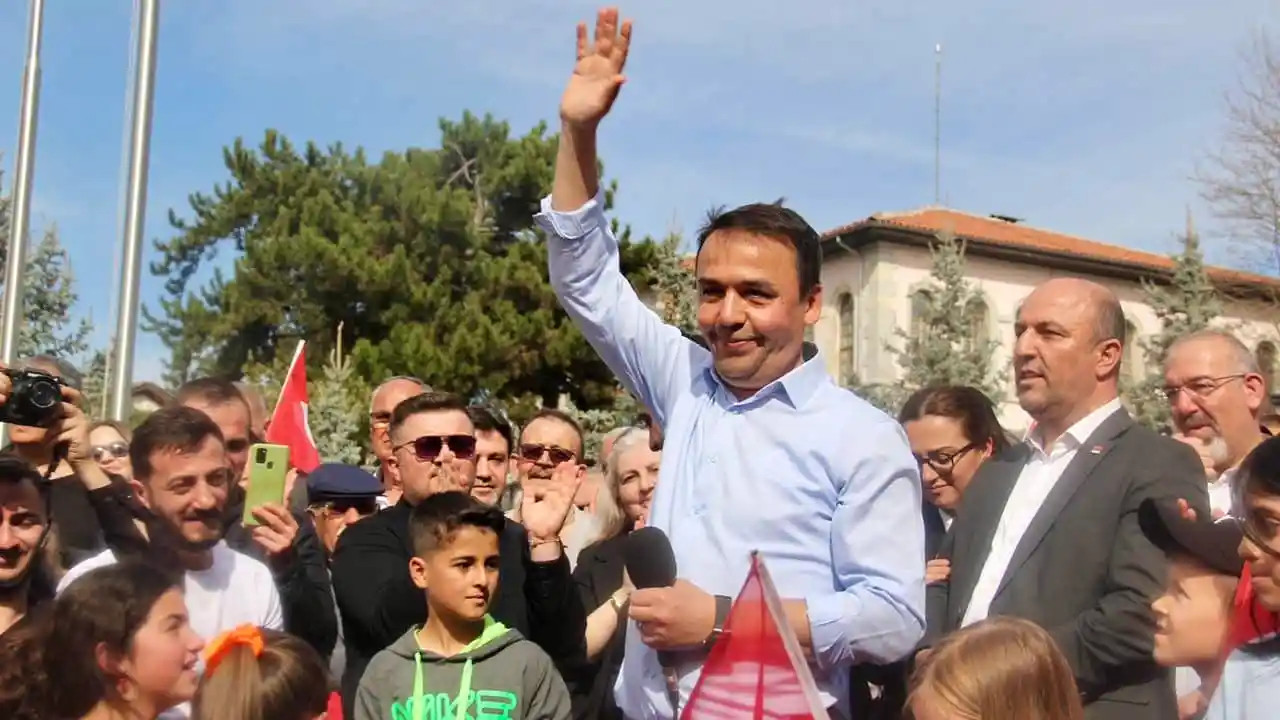Turkey’s CHP to increase monitoring of its municipalities after controversial appointments
Turkish main opposition CHP will increase its control and monitoring of its municipalities following the controversial "nepotist" appointments.
Nergis Demirkaya / DUVAR
Turkish main opposition Republican People’s Party (CHP) aims to carry its success in the March 31 local elections to the general and presidential elections scheduled for 2028. For this purpose, its municipalities’ policies are of great importance.
Accordingly, the party will carry out a two-legged process to increase its control and monitoring of its municipalities. The CHP administration will monitor its municipalities with "training, advisory and supervision units" while the Istanbul Planning Agency (IPA) model will be extended to other municipalities.
The IPA was founded in 2020 under the CHP-run Istanbul Municipality for the purpose of planning the megacity with the contributions of experts and academics from different disciplines and with the participation of Istanbulites
The Union of Municipalities of Turkey, which will change hands with the majority of CHP municipalities at the beginning of June, will also contribute to the work of the municipalities.
According to the official results of the Supreme Election Council (YSK), the CHP won 14 metropolitan, 21 provincial, 314 district, and 60 central district municipalities, serving almost two-thirds of Turkey’s population.
Controversial appointments
However, some of the appointments of CHP mayors have drawn ire so far. The appointments of mayors’ close relatives in many municipalities, including Istanbul’s Ataşehir and Sarıyer districts, Eskişehir’s Odunpazarı district, and Bursa Metropolitan Municipality, sparked a huge reaction. In response, the CHP administration intervened in the controversial appointments and ensured that they were reversed.
The ruling Justice and Development Party (AKP) Group Deputy Chair Leyla Şahin Usta said at the Parliament that, “There is a new concept called 'family municipalism',” citing some of the appointments made by the CHP mayors.
In response, CHP Group Deputy Chair Gökhan Günaydın said that many of the allegations were not true and that his party had set up a control unit to prevent this from happening. “I am not saying that there are no deficiencies. If there are deficiencies, if there are mistakes, the party monitors them and has them reversed.”
Günaydın was referring to the Local Governments Coordination, Audit, and Training Unit, headed by Yılmaz Büyükerşen, former Eskişehir mayor. "Training, advisory, and supervision" units, which will serve separately within the structure that also includes auditors from the Court of Accounts and inspectors who have previously worked in state institutions, have started their activities.
A letter sent to municipalities warned of centralized supervision to keep municipalities above a certain standard, and asked for consultation with the party on senior appointments.
However, despite this warning and information letter, the desired result was reportedly not achieved. For this reason, the warning will be toughened with a new letter from the party administration and the supervision will be increased. According to the executives, no mayor will be able to say “I can govern as I please, I can make any appointment I want.” Appointments of relatives will definitely not be allowed. Controversial appointments will be intervened and reversed.
A CHP executive said, “Mayors are not feudal lords. There is a strong party management. They will be closely monitored. We will not allow this to wear us down.”
Know-how problem
The appointments are not the only problems. The executives said there is a know-how gap for newly-acquired municipalities and that this gap will be addressed by creating similar institutions such as the IPA.
The IPA develops short-, medium-, and long-term strategy and policy recommendations and generates up-to-date qualitative and quantitative data. In the new period, IPA is planned to provide consultancy services to Marmara and Thrace municipalities as well as Istanbul municipalities.
Following the IPA, the Aegean Planning Agency (EPA) will be established for the municipalities in the Aegean Region. The EPA is expected to be established under the İzmir Metropolitan Municipality.
The Union of Municipalities of Turkey
Another advantage for the CHP is the Union of Municipalities of Turkey. The union, a quasi-public institution that manages a significant budget from municipalities, will elect a new president, 14 councilors, and other board members at a general assembly to be held in early June. The new president of the Union, where all municipalities are represented in proportion to their power, will be a CHP mayor according to the results of the March 31 elections.
Both Istanbul Mayor Ekrem İmamoğlu and Ankara Mayor Mansur Yavaş were said to want the presidency of the union. Party executives recalled the past administrations of the union and noted that the largest municipality in terms of population and resources has taken the presidency based on its delegate power, and that this practice would not change, which favors İmamoğlu.
The latest union administration was criticized for partisan practices. The CHP executives said that the new president of the union would be from the CHP, but that all political parties would be represented in proportion to their power and that resources would be distributed fairly.
The late former Istanbul mayor, Kadir Topbaş from the AKP, was elected as the president of the union, and then as the president of United Cities and Local Governments. The CHP executives said İmamoğlu's presidency would pave the way for the presidency of United Cities and Local Governments.
“This will allow the CHP to continue its active role in foreign policy through local governments in the new period. It would also lead to an increase in investment loans from various international organizations, especially the European Union and the World Bank,” they added.
(English version by Alperen Şen)

 CHP Mayor appoints, then removes nephew from municipal company upon criticismPolitics
CHP Mayor appoints, then removes nephew from municipal company upon criticismPolitics Erdoğan to pay return visit to CHP, says Turkey needs political softeningPolitics
Erdoğan to pay return visit to CHP, says Turkey needs political softeningPolitics Newly elected CHP mayor cancels municipality's pro-gov't daily subs, saving half million LirasPolitics
Newly elected CHP mayor cancels municipality's pro-gov't daily subs, saving half million LirasPolitics